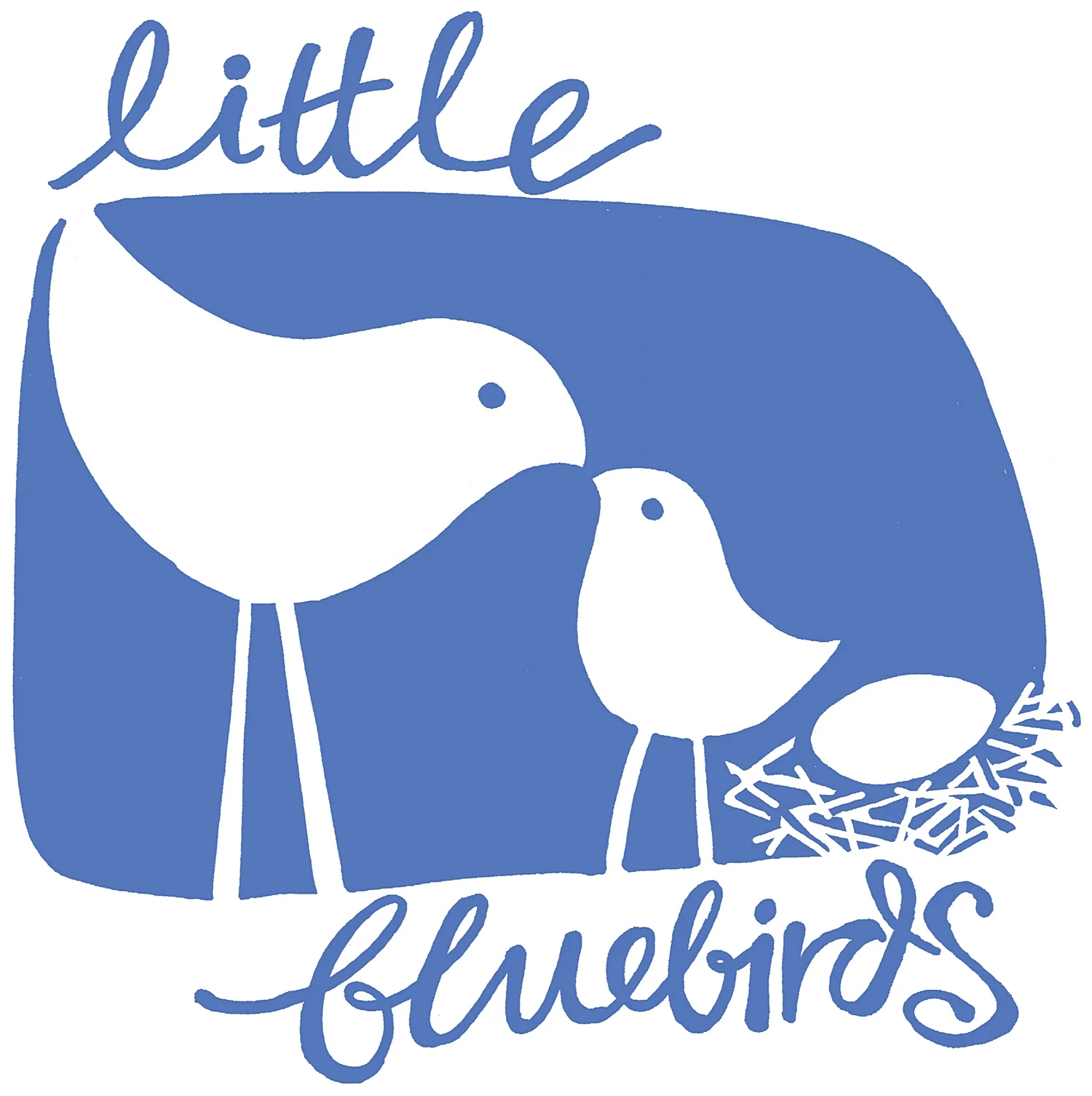Why IS music so important for kids?
I'm always banging on about music for kids. And giving parents and teachers ideas, skills and knowledge about how they can bring music into their everyday lives. But why IS music so important for babies, toddlers and kids?
Here are five reasons why I think music is important for kids (although you can probably think of lots more!).
1. Joy
Most of us have an intuitive understanding that music brings joy into our lives. Maybe in your life BC (Before Children) you'd put on some favourite songs while you were getting ready to go out to 'get you in the party mood' (these days you're probably more likely to blast some tunes while you're mopping the floor or folding the washing AGAIN!).
And while we've all kind of known that music can improve our mood for a very long time, the science finally caught up in 2013 in a Canadian study by Jacob Berkowitz. Participant's brains were scanned while they were listening to their favourite music. Using neuroimaging, they were able to see that brains release the key pleasure-related neurotransmitter dopamine several seconds before the peak emotional crescendo of music.
Wow - so we have an actual physiological response to music. And even the tiniest of babies can experience this same 'rush' from hearing familiar music.
2. Connection
Music builds connections. The soft, slow and smooth melodies of lullabies have been used for centuries to calm babies. Now we know that they also calm the adults who sing them! A recent study by Lauren Cirelli found that babies synch with their mothers during lullabies... both baby and adult experienced a significant decrease in their brain arousal. And when the adult sang more playfully, they BOTH experienced an increase in their brain arousal.
And as babies grow into kids, teenagers and later adults, these same connections can be fostered through music. People who play in a band together, or sing in a choir together or dance together, or even sing the footy theme song after a win, all experience this same sense of connection.
And put very simply - people with strong social connections live healthier and happier lives.
3. Music helps language and literacy skills
There has been so much research in this area over the past twenty years that it is hard for anyone to doubt the claims that music helps your child learn to understand, speak, read and eventually write.
Here are just a few examples of research that support this connection:
* Listening and attention skills
* Phonological awareness
* Building vocabulary
* Verbal memory
4. Music helps you move
Music motivates people to move... whether that be bopping on the spot, dancing the tango, head banging in the mosh pit at a concert or tapping your toes on the train. I'm sure you've all seen a bub start bopping to music even before they can stand on their own!
For little people, music encourages them to co-ordinate their movements in more refined ways. They have a desire to stamp their feet to loud rhythmic music, sway gently to a lullaby or spin around and around to manic music. AND it encourages them to persist at these skills for longer periods of time. Try asking your child to stamp their feet (or hop on the spot) for 1 minute... chances are they'll get bored and move on to the next thing. However, pop on the right music (or sing the right song) and they'll happily continue stamping (or hopping) until the music stops.
Open, shut them!
Finger plays and action songs help develop fine motor skills. Tiny babies start to understand their bodies through finger wiggles and tickles, while toddlers start to control their own fingers and hands through finger plays like "Where is Thumbkin?" and "Five little peas". Older children further develop their skills through complicated hand clapping games. And eventually, learning to play an instrument requires incredible fine motor control.
5. Music for music's sake
Humans throughout history have created and listened to music. It is something that makes us uniquely human. So ultimately, while music contributes in so many important ways to a child's development, I still think that music should be part of EVERY child's life just for music's sake.







